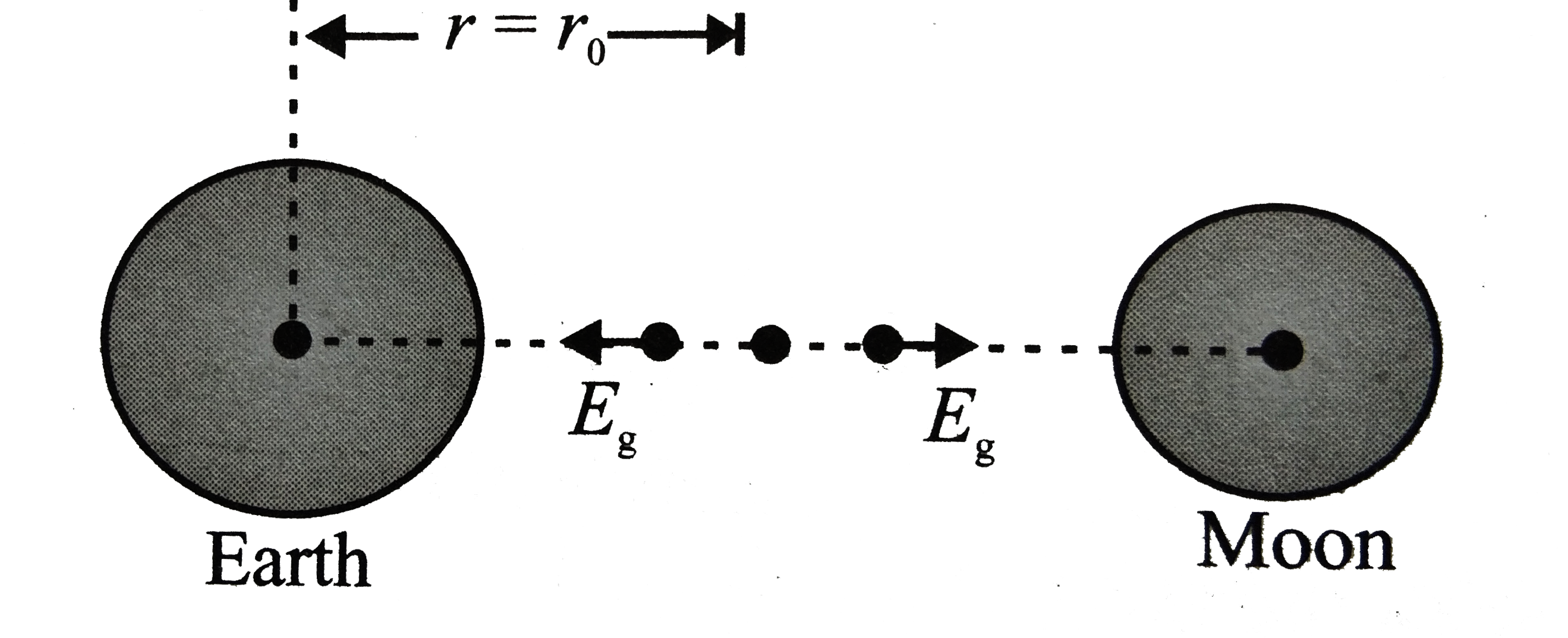A spacecraft consumes more fuel in going the earth to moon than it takes for a return trip. Comment on this statement.
Video Solution
|
Answer
Step by step video & image solution for A spacecraft consumes more fuel in going the earth to moon than it takes for a return trip. Comment on this statement. by Physics experts to help you in doubts & scoring excellent marks in Class 11 exams.
Updated on:21/07/2023Topper's Solved these Questions
- GRAVITATIONBOOK - PHYSICS GALAXY - ASHISH ARORACHAPTER - GRAVITATIONEXERCISE - Concetual MCQ
39 Videos
- GRAVITATIONBOOK - PHYSICS GALAXY - ASHISH ARORACHAPTER - GRAVITATIONEXERCISE - Numerial MCQs
59 Videos
- GRAVITATIONBOOK - PHYSICS GALAXY - ASHISH ARORACHAPTER - GRAVITATIONEXERCISE - Particle Exercise
50 Videos
- FLUID MECHANICSBOOK - PHYSICS GALAXY - ASHISH ARORACHAPTER - FLUID MECHANICSEXERCISE - Unsolved Numerical Problems
86 Videos
- KINEMATICSBOOK - PHYSICS GALAXY - ASHISH ARORACHAPTER - KINEMATICSEXERCISE - Unsolved Numerical Pro.
83 Videos
Similar Questions
Knowledge Check
Statement-1: It takes more fuel for a spacecraft to travel from the earth to moon than for the return trip.
Statement-2: Potential energy of spacecraft at moon's surface is greater than that at earth surface.AStatement-1 is true, statement-2 is true and statement-2 is correct explanation for statement-1.BStatement-1 is true, statement-2 is true and statement-2 is NOT the correct explanation for statement-1.CStatement-1 is true, statement-2 is false.DStatement -1 is false, statement -2 is true.Statement - 1 : It takes more fuel for a spacecraft to travel from the earth to moon than for the return trip.
Statement - 2 : Potential energy of spacecraft at moon's surface is greater than at earth surface.AStatement -1 is true, statement-2 is true and statement -2 is correct explanation for statement -1.BStatement -1 is true, statement -2 is true and statement -2 is correct explanation for statement -1.CStatement -1 is true, statement -2 is false.DStatement -1 is false, statement -2 is true.Statement I: It takes more fuel for a spacecraft to travel from the earth to the Moon than for the return trip.
Statement II: The point of zero gravitational field intensity due to the earth and the Moon is lying nearer to the Moon, i.e., in the diagram shown, for r<r0,Eg is towards the earth's centre and for r>r0,Eg is towards the Moon's centre and at r=r0,Eg is zero.
 AStatement I is True, Statement II is True: Statement II is a correct explanation for Statement I.BStatement I is True, Statement II is True: Statement II is Not a correct explanation for Statement I.CStatement I is True, Statement II is False.DStatement I is False, Statement II is True.
AStatement I is True, Statement II is True: Statement II is a correct explanation for Statement I.BStatement I is True, Statement II is True: Statement II is Not a correct explanation for Statement I.CStatement I is True, Statement II is False.DStatement I is False, Statement II is True.
Alkaline earth metals are denser than corresponding alkali metsl .Comment on the statement
View SolutionAll the solar energy trapped by green plants ultimately returns to the environment'. Comment on this statement.
View SolutionIt is necessary that we use the exhaustible sources of fuels judiciously. Comment on this statement.
View SolutionThe kinetic energy of the particles in the liquid state is more than in the solid state. Comment.
View SolutionMore than half of the earth's flora and fauna is found in
View Solution
